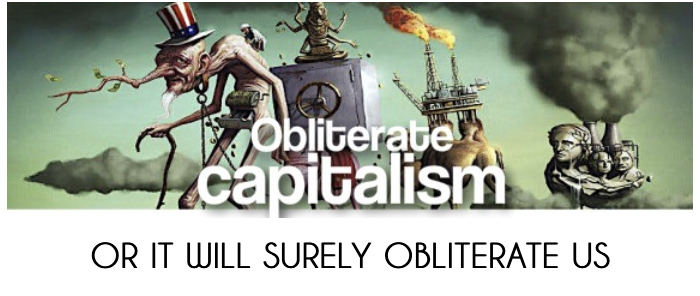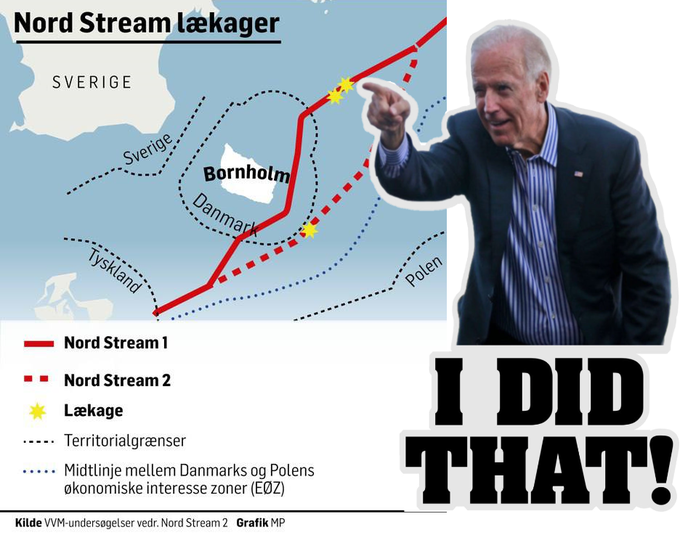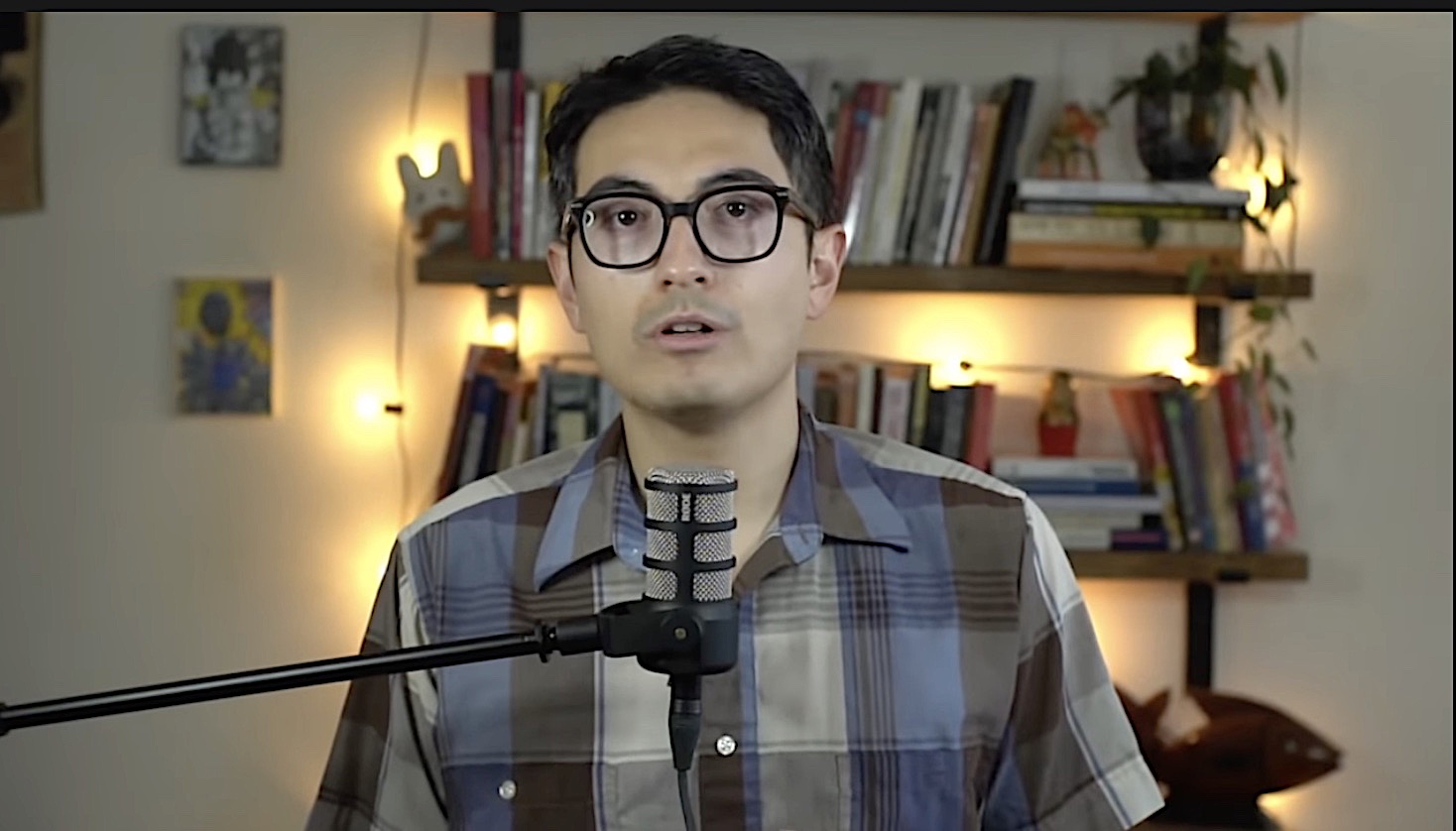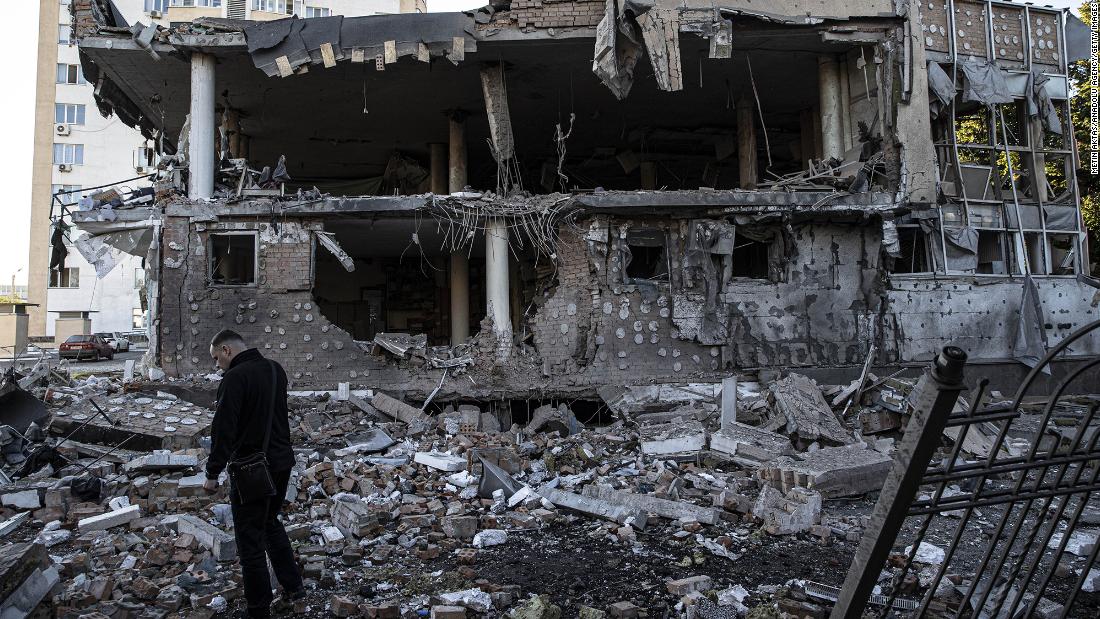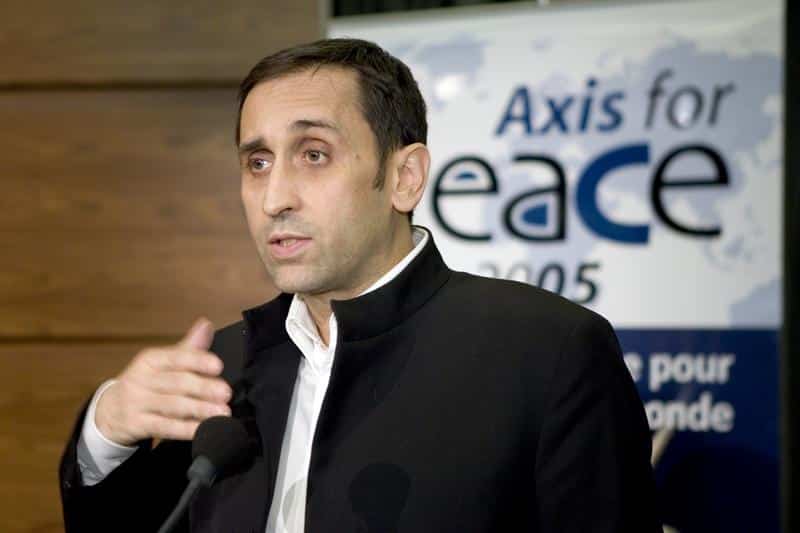It is rare for international relations to be shaken as they were in 2022. And it is not over. The process that has begun will not stop, even if events disrupt it and possibly interrupt it for a few years. The domination of the West, both the United States and the former colonial powers of Europe (mainly the United Kingdom, France and Spain) and Asia (Japan), is coming to an end. No one obeys a leader anymore, including the states that remain vassals of Washington. Everyone is now beginning to think for themselves. We are not yet in the multipolar world that Russia and China are trying to bring about, but we are seeing it being built.
It all started with the Russian military operation to enforce Security Council Resolution 2202 and protect the entire Ukrainian population from its "integral nationalist" government. Of course, this event is not at all what is perceived in the United States, the European Union, Australia and Japan. The West is convinced that Russia has invaded Ukraine to change its borders by force. Yet this is neither what President Vladimir Putin announced, nor what the Russian army did, nor how events unfolded.
Let’s leave aside the question of who is right and who is wrong. It all depends on whether one is aware of the civil war that has been tearing Ukraine apart since the deposition of its democratically elected president, Viktor Yanukovych, in 2014. Westerners forgetting the 20,000 deaths of this war cannot consider that the Russians wanted to stop this massacre. As they ignore the Minsk agreements, of which Germany and France were guarantors alongside Russia, they cannot consider that Russia has put into practice the "responsibility to protect" that the United Nations proclaimed in 2005.
Yet former German Chancellor Angela Merkel [1] and former French President François Hollande [2] have both publicly stated that they signed the Minsk Agreements, not to end the civil war, but on the contrary to gain time and arm Ukraine. Both of these figures congratulate themselves on having framed Russia while accusing it of bearing sole responsibility for the current war. It is not surprising that these two former rulers pride themselves on their duplicity in front of their public opinions, however, their words heard in other parts of the world sound different. To the majority of humanity, the West is showing its true colours: it is still trying to divide the rest of the world and to trap those who want to be independent; it talks about peace, but foments wars.
It is wrong to imagine that the strongest always want to impose their will on others. This Western attitude is rarely shared by other humans. Cooperation has proven to be far more effective than exploitation and the revolutions it provokes. This is the message that the Chinese have tried to propagate by talking about "win-win" relationships. It was not about fair trade relations, but about the way the Chinese emperors governed: when an emperor issued a decree, he had to ensure that it was followed by the governors of each province, including those who were not affected by the decision. He showed them that he had not forgotten them by giving them each a present.
In ten months, the rest of the world, that is, the overwhelming majority of it, has opened its eyes. If, on October 13, 143 states followed the Western narrative and condemned the Russian "aggression" [3], they would no longer be in the majority in the UN General Assembly to vote this way today. The vote, on December 30, of a resolution asking the UN’s internal tribunal, the International Court of Justice, to declare Israel’s occupation of the Palestinian Territories an "occupation" is proof of this. The General Assembly is no longer resigned to the Western disorder of the world.
Eleven African states, previously in the orbit of France, have called on the Russian army or a Russian private military company to ensure their security. They no longer believe in the sincerity of France and the United States. Still others are aware that Western protection against jihadis goes hand in hand with Western covert support for jihadis. They are publicly concerned about the massive transfer of weapons destined for Ukraine to jihadists in the Sahel or to Boko Haram [4], to the point that the US Department of Defense has appointed a monitoring mission to verify what happens to the weapons destined for Ukraine, as a way of burying the problem and preventing Congress from interfering in these dark schemes.
In the Middle East, Turkey, a member of NATO, is playing a subtle game between its US ally and its Russian partner. Ankara realized long ago that it would never join the European Union and, more recently, that it was no longer expected to restore its empire over the Arabs. It is therefore turning to European states (such as the Bulgarians, Hungarians and Kosovars) and Asian states (such as Azerbaijan, Turkmenistan, Uzbekistan, Kazakhstan and Kyrgyzstan) with a Turkish culture (and not a Turkish language like the Chinese Uighurs). As a result, Ankara is reconciling with Damascus and preparing to leave the West for the East.
China does not understand much about Ukrainian affairs, but she knows that her vision of the organization of international relations can only be achieved if Russia triumphs. It has no desire to fight alongside Russia, but will intervene if Russia is threatened.
China’s arrival in the Gulf at the Riyadh summit has turned the tables in that part of the world. The Arab states saw that Beijing was reasonable, that it was helping them to make peace with their Persian neighbours. Yet Iran is an age-old ally of China, but China defends it without letting it get away with its excesses. They have measured the difference with the West who, on the contrary, have not stopped since 1979 to divide and oppose them.
India and Iran are working hard with Russia to build a transport corridor that will allow them to trade despite the Western economic war (presented in the West as "sanctions", although these are illegal under international law). Already Mumbai is connected to Southern Russia and soon to Moscow and St. Petersburg. This makes Russia and China complementary. Beijing is building roads in Eurasia from East to West, Moscow along the longitudes.
China, for whom this war is a catastrophe that disrupts its plans to build the Silk Roads, has never adhered to the Western narrative. It is a former victim of Russia, which in the 19th century took part in the occupation of Tianjin and Wuhan (Hankou), but it knows that the West will do everything to exploit them both. She recalls her past occupation to be aware that her fate is linked to that of Russia. She does not understand much about Ukrainian affairs, but she knows that her vision of the organization of international relations can only be achieved if Russia triumphs. It has no desire to fight alongside Russia, but will intervene if Russia is threatened.
This reorientation of the world is very visible in government institutions. The West humiliated Russia in the Council of Europe until Moscow left. To their surprise, Russia did not stop there. One by one, it left all the agreements concluded in the Council of Europe, in all kinds of fields, from sports to culture. The West suddenly realizes that it has deprived itself of a generous and cultured partner.
It should continue in all other intergovernmental organizations, starting with the United Nations. This is an old story in Western-Russian relations that goes back to Moscow’s exclusion from the League of Nations in 1939. At that time, the Soviets, concerned about a possible Nazi attack on Leningrad (St. Petersburg), asked Finland to lease the port of Hanko, but negotiations dragged on and they invaded Finland, not to annex it, but to place their navy in Hanko. This precedent is taught today as an example of Russian imperialism, although Finnish President Urho Kekkonen himself acknowledged that the Soviet attitude was "understandable.
Let us return to the United Nations. Excluding Russia could only be possible after the General Assembly had adopted a reform of the Charter. This was possible in October, but not today. This project is accompanied by a reinterpretation of the history and nature of the UN.
It is claimed that membership in the Organization prohibits war. This is nonsense. Membership in the UN obliges one to "maintain international peace and security", but men being what they are, authorizes the use of force under certain conditions. Sometimes this authorization even becomes an obligation under the "responsibility to protect". This is exactly what Russia is doing for the people of Donbass and Novorussia. Please note that Moscow is not blind and has backed down from the right bank (northern part) of the city of Kershon. The Russian general staff withdrew behind a natural border, the Dnieper River, considering it impossible to defend the other part of the city from Western armies, even though the population of the whole city had asked by referendum to join the Russian Federation. There has never been a Russian defeat in Kershon, but this does not prevent the West from talking about its "reconquest" by the Zelensky regime.
Above all, questioning the Security Council’s directorship obscures the functioning of the UN. When the Organization was founded, it was to recognize the equality of each State in the General Assembly and to give the great powers of the time the capacity to prevent conflicts within the Security Council. The Security Council is not a place of democracy, but of consensus: no decision can be taken without the agreement of each of its five permanent members. People pretend to be surprised that they cannot condemn Russia, but are they surprised that the United States, the United Kingdom and sometimes France have not been condemned for their illegal wars in Kosovo, Afghanistan, Iraq and Libya? Without the right of veto, the UN will become an absolutely ineffective assembly. Yet this idea is gaining ground in the West.
Moreover, it would be absurd to think that China, the world’s leading commercial power, would remain in a UN from which Russia, the world’s leading military power, would have been excluded. Beijing will not play the role of guarantor in an operation against its ally, since it is convinced that its death will be the prelude to its own. This is why the Russians and the Chinese are preparing other institutions which they will only manifest if the UN is denatured, if it is transformed into a monochrome assembly and thus loses its capacity to prevent conflicts.
We perceive that the only possible way out is for the West to accept that it is what it is. But, for the moment, they are not able to do so. They distort reality in the hope of maintaining their centuries of hegemony. This game is over, both because they are tired and because the rest of the world has changed.
![]() This work is licensed under a Creative Commons Attribution-NonCommercial 4.0 International License
This work is licensed under a Creative Commons Attribution-NonCommercial 4.0 International License